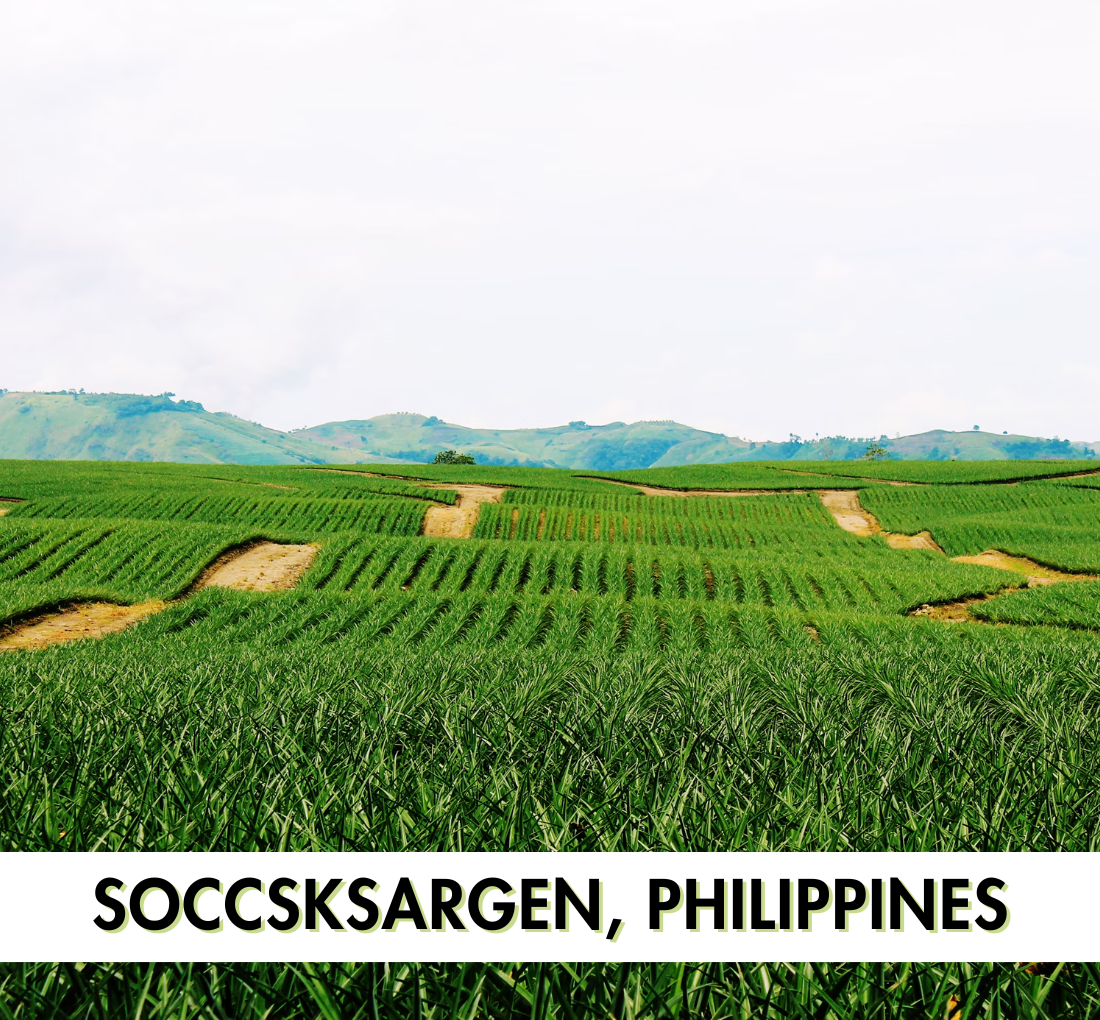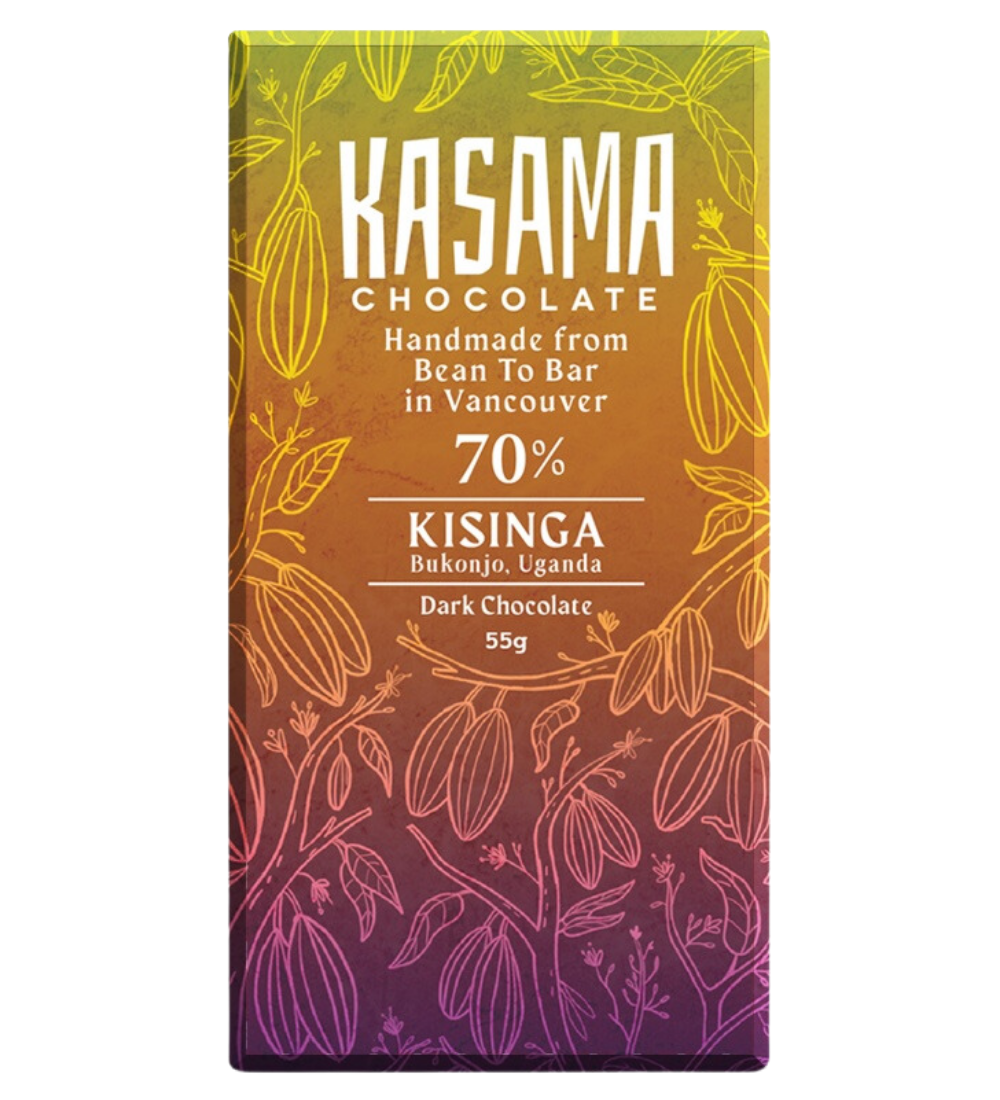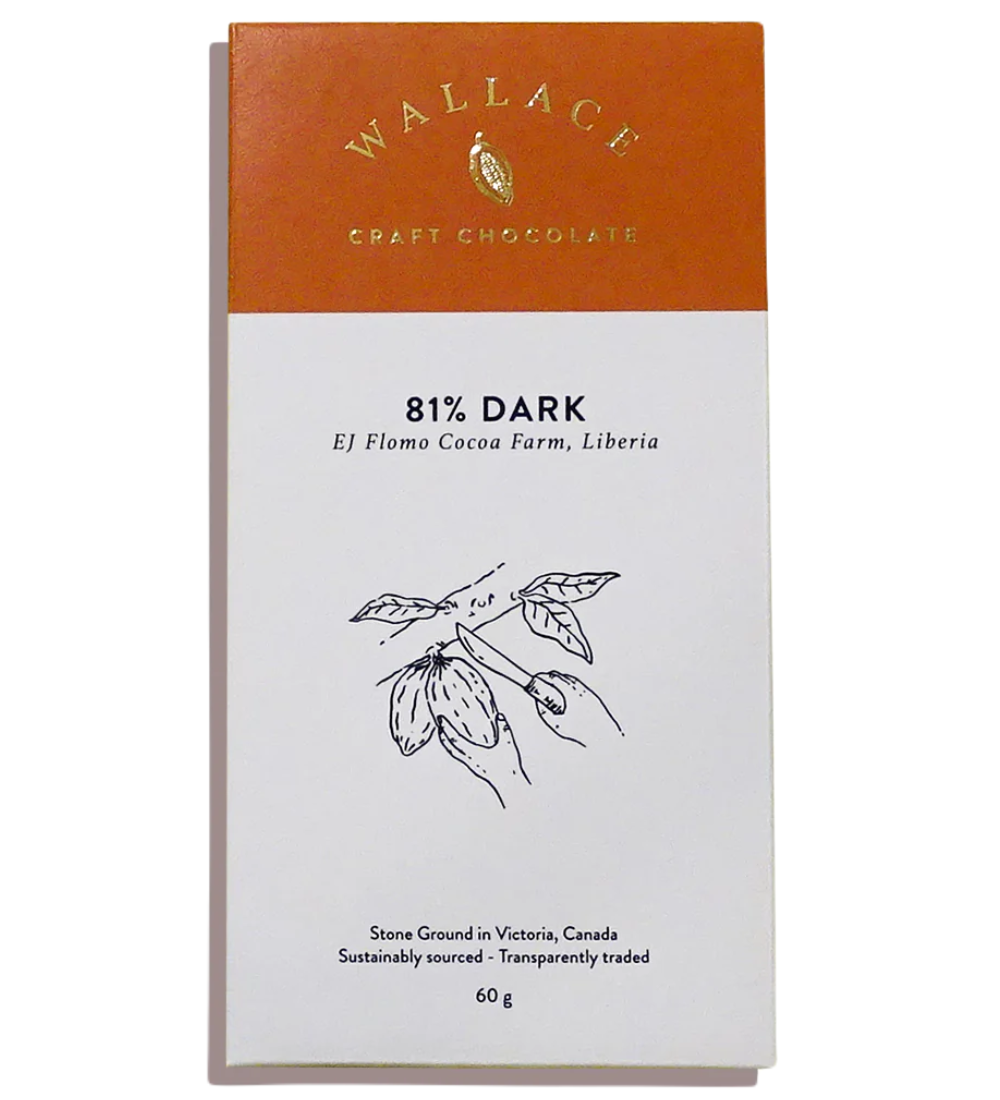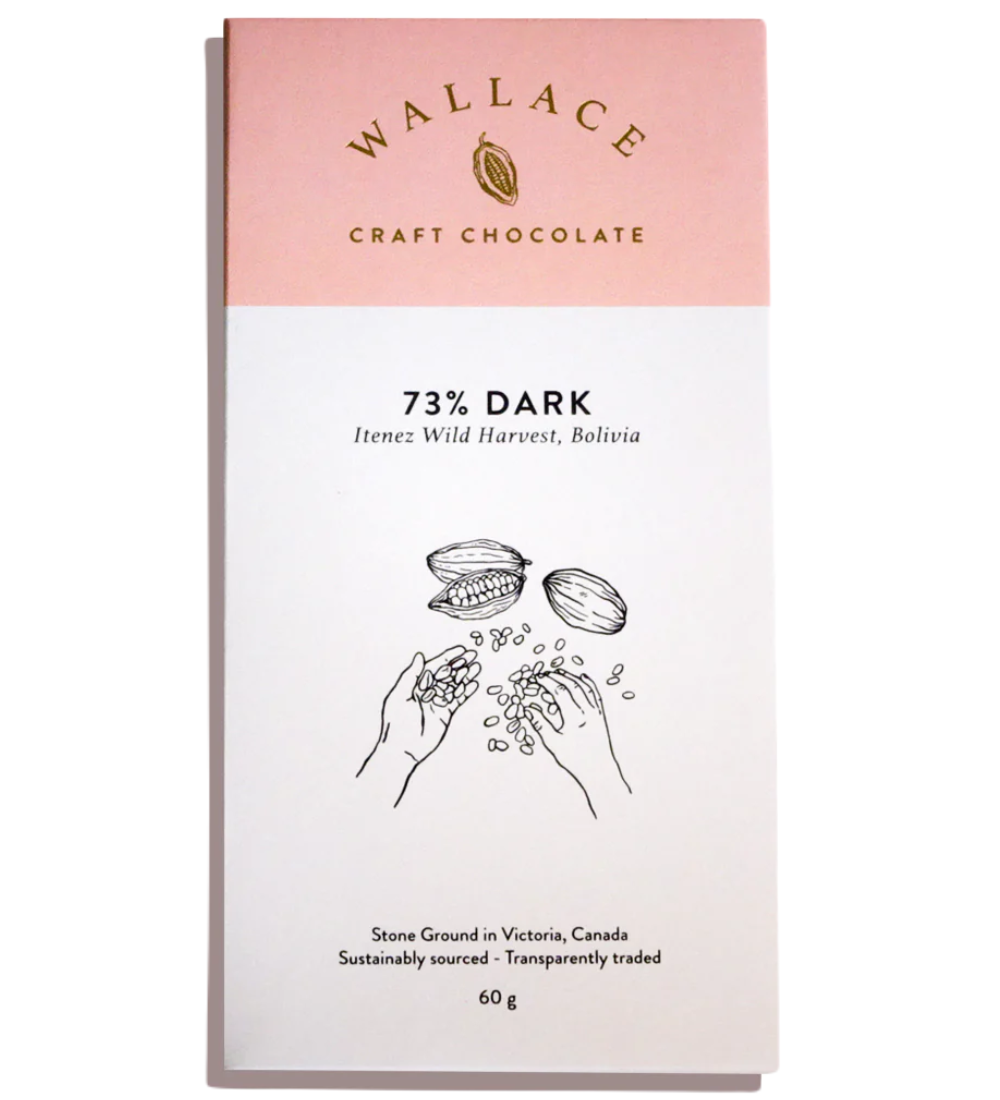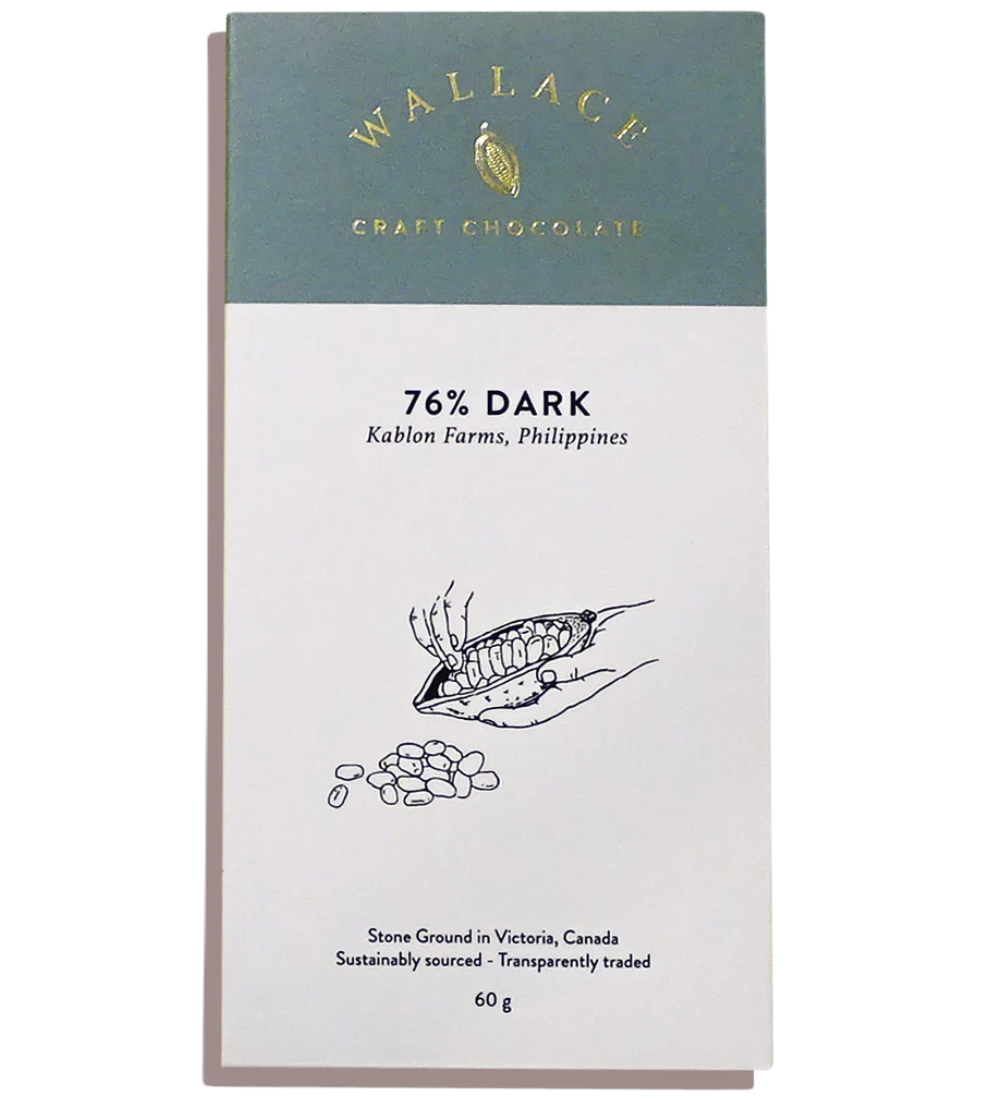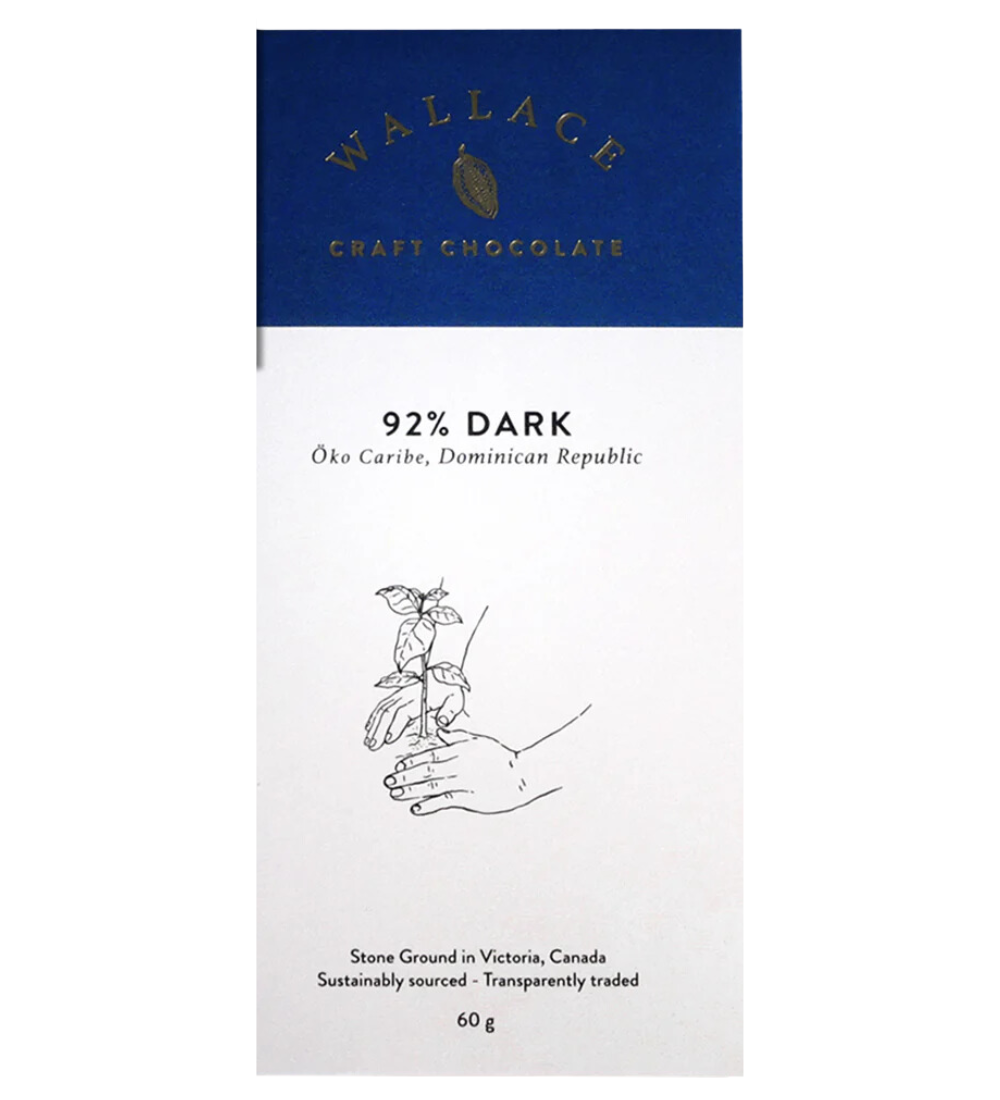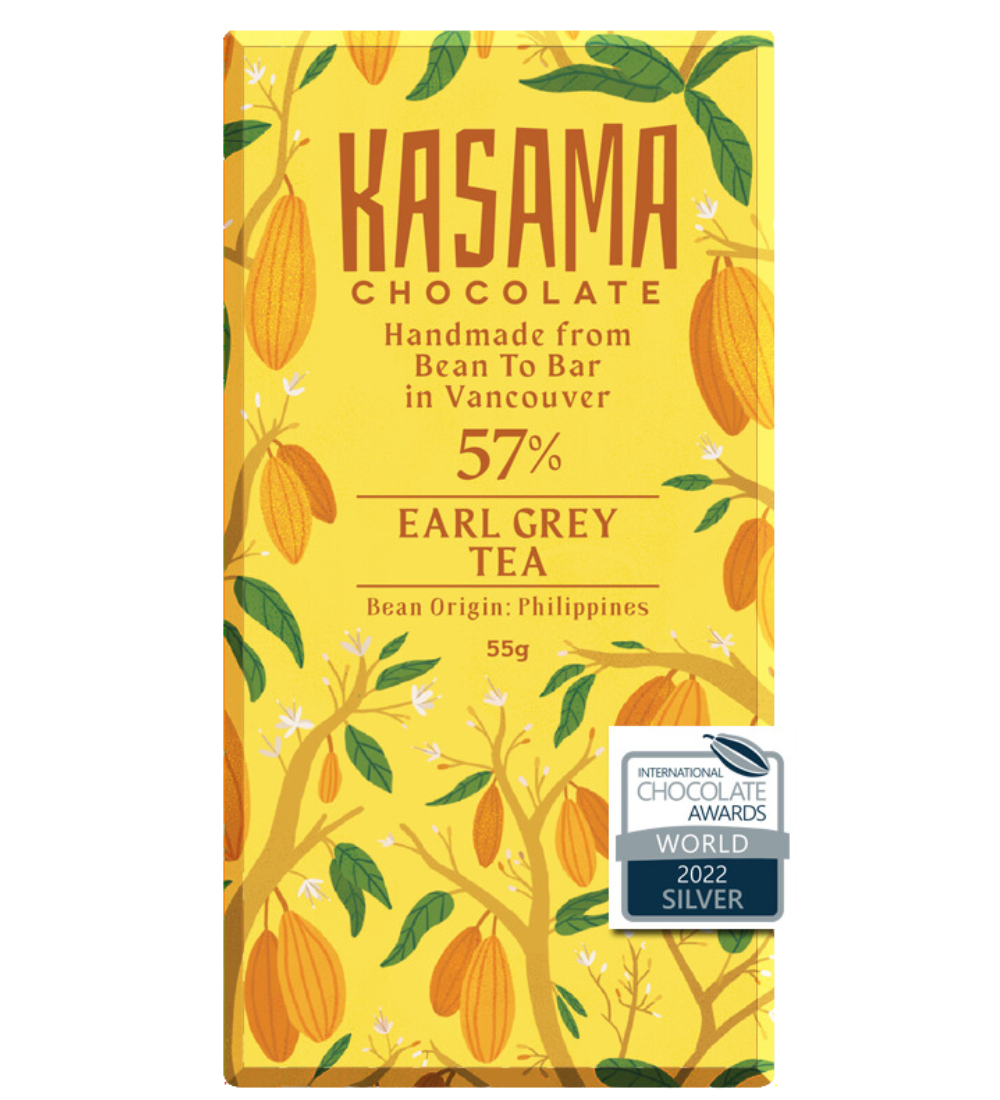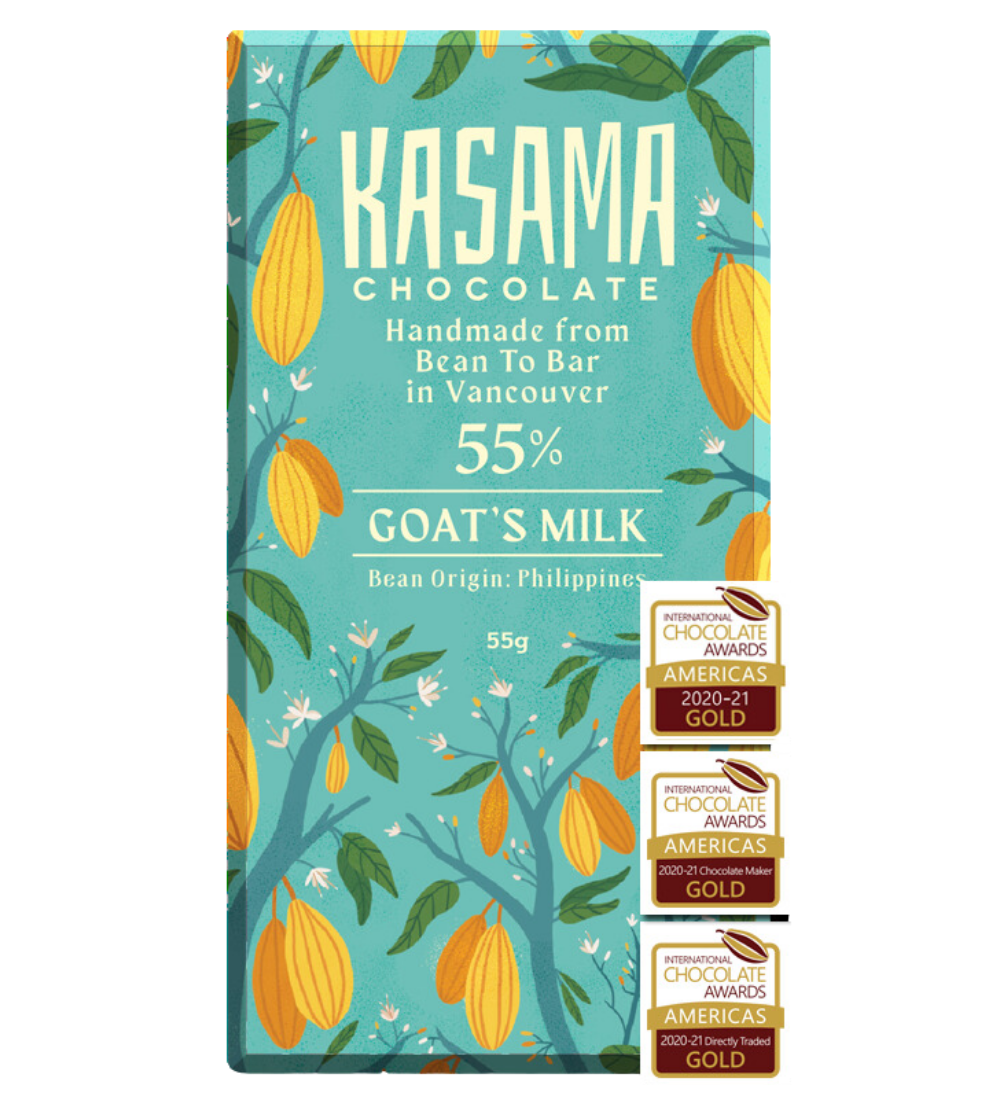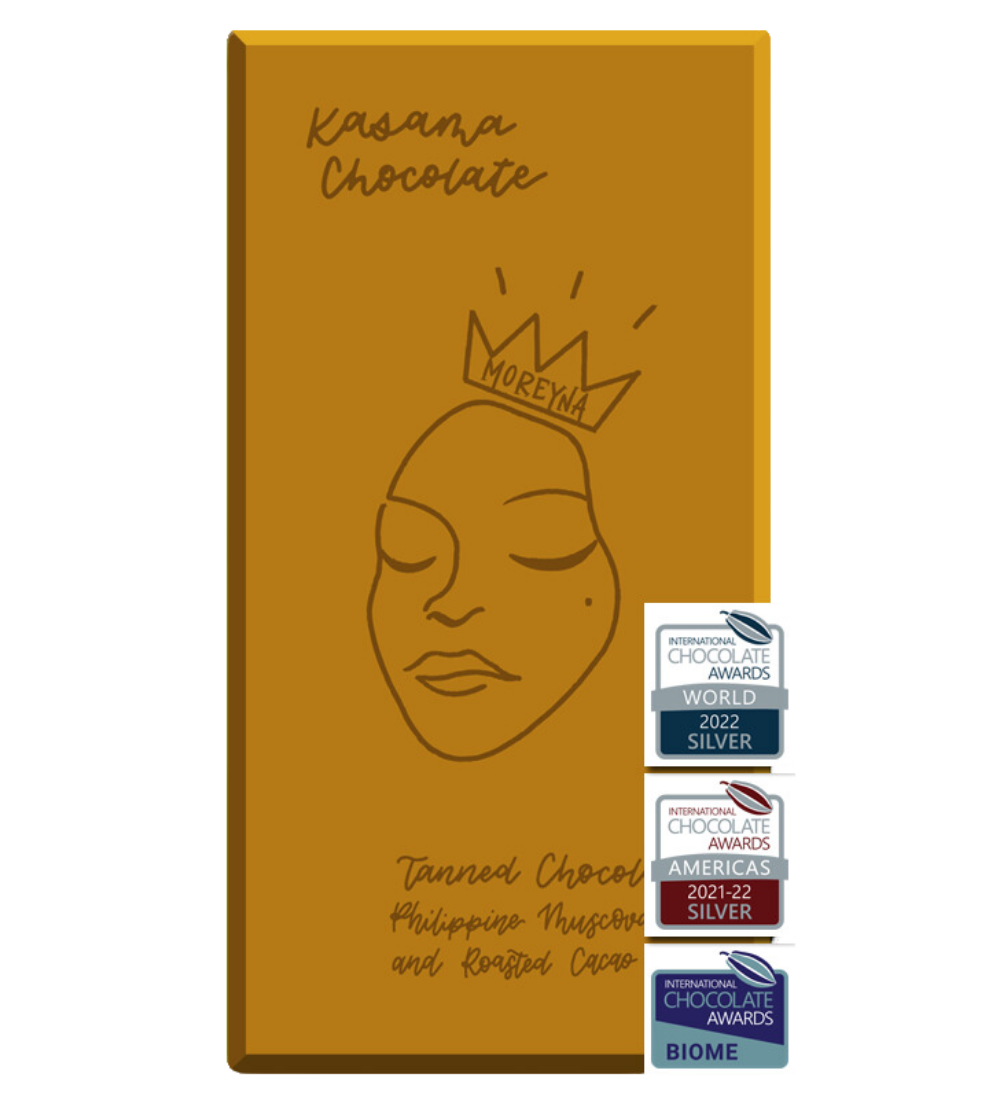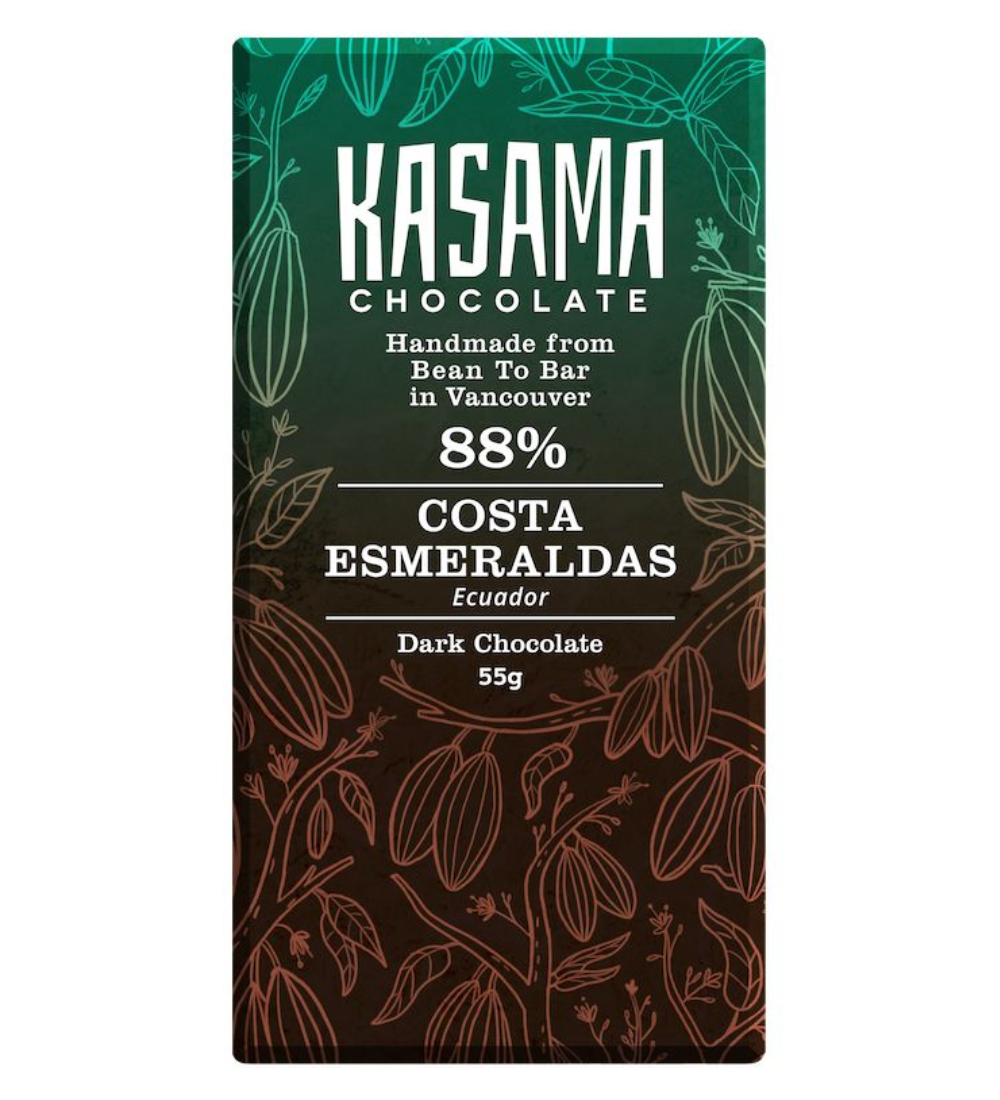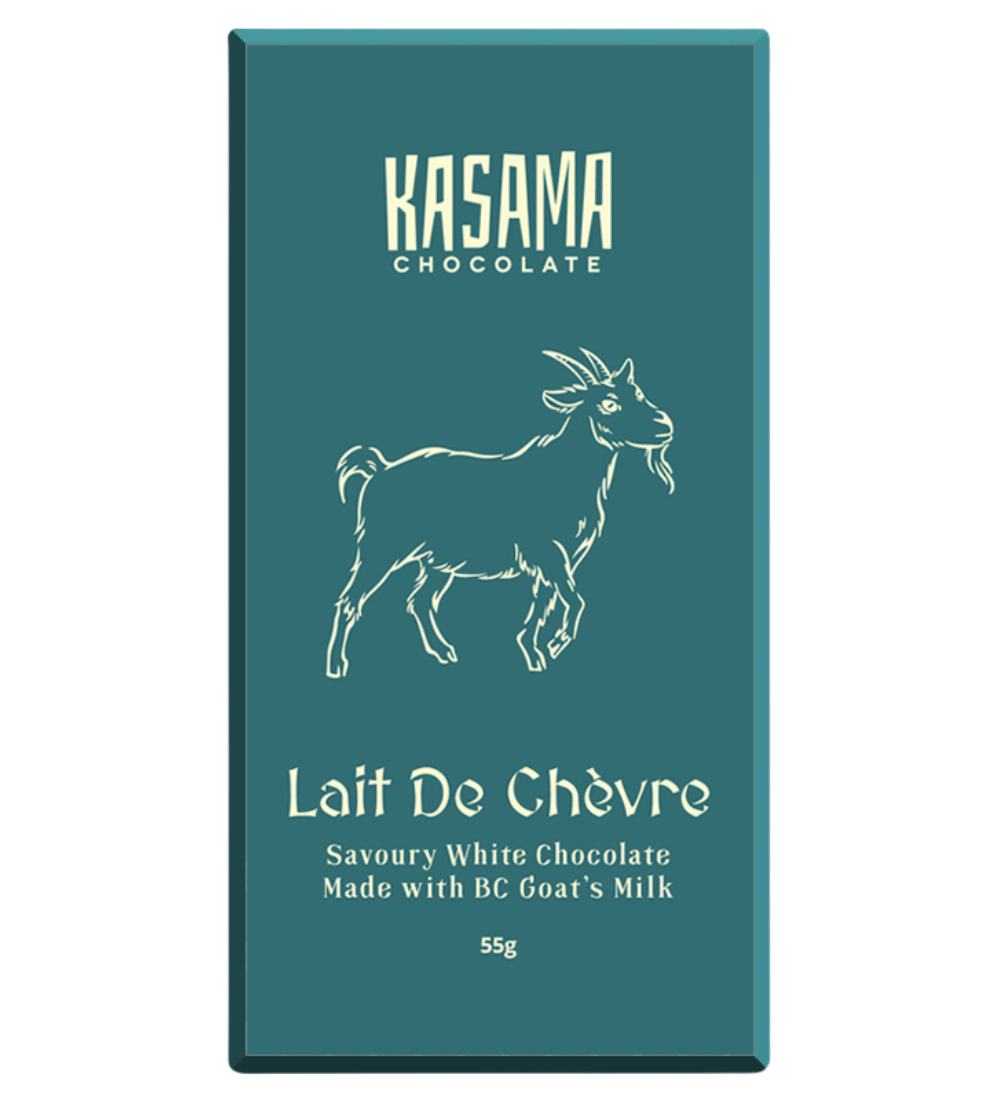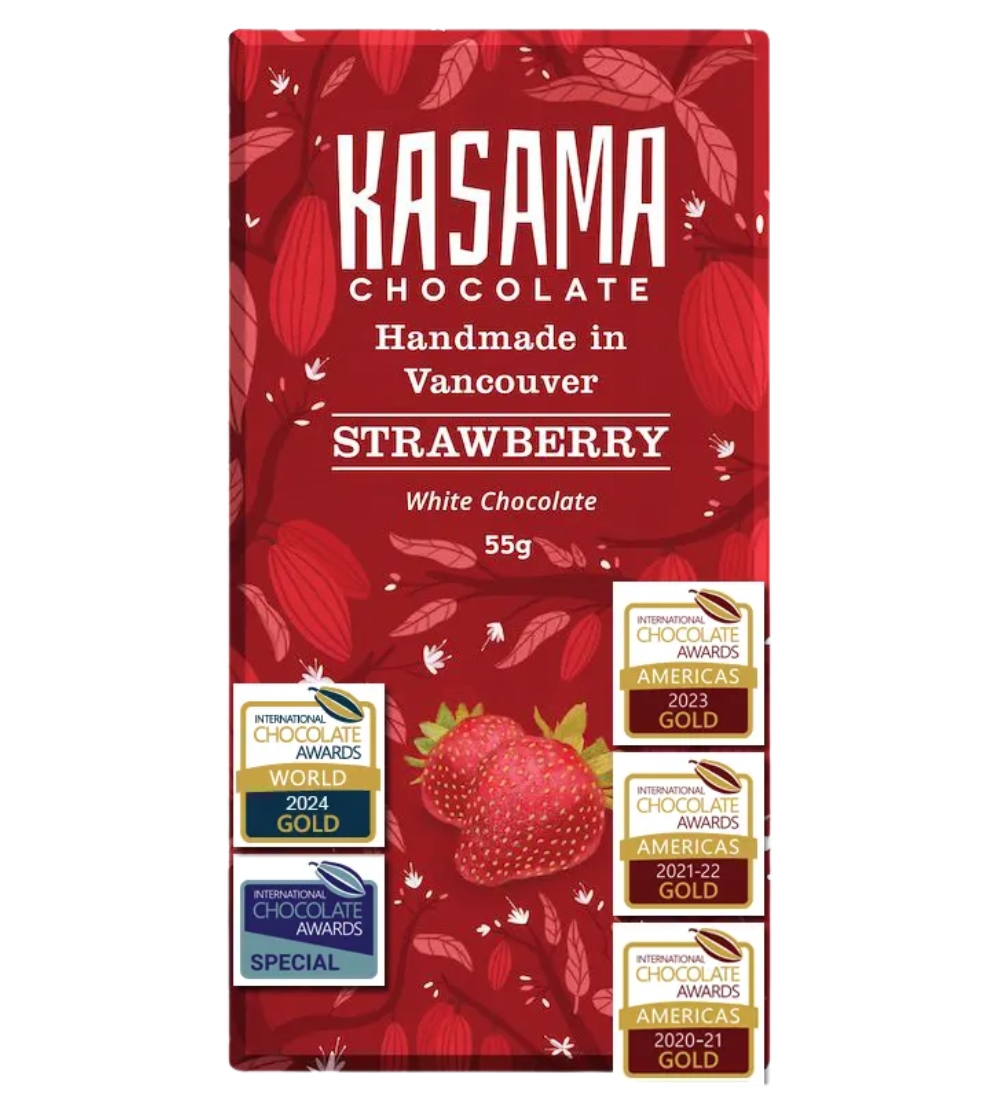Kasama Tupi Philippines 75%
Origine du cacao : Philippines
Pays producteur : Canada
Poids : 55g
Adding product to your cart
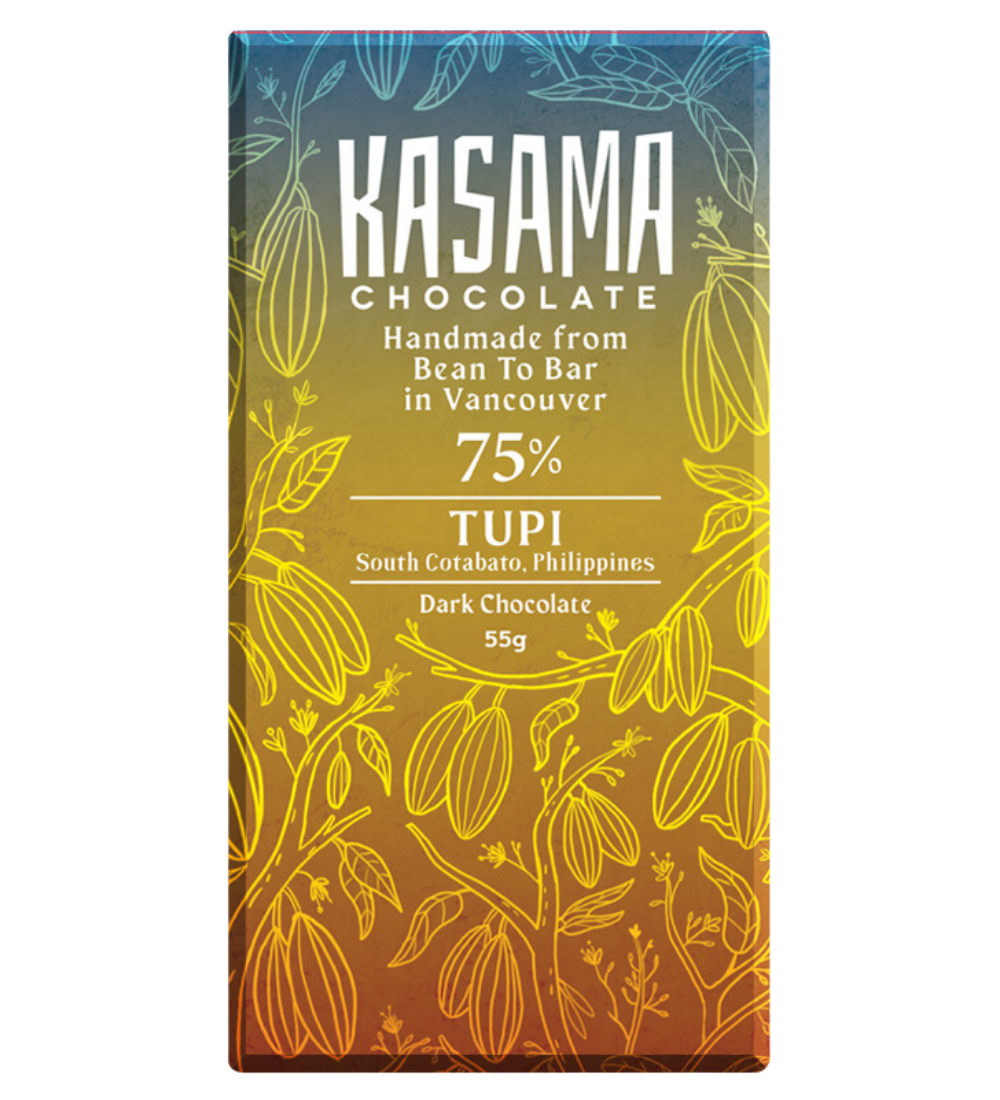
Kasama Tupi Philippines 75%
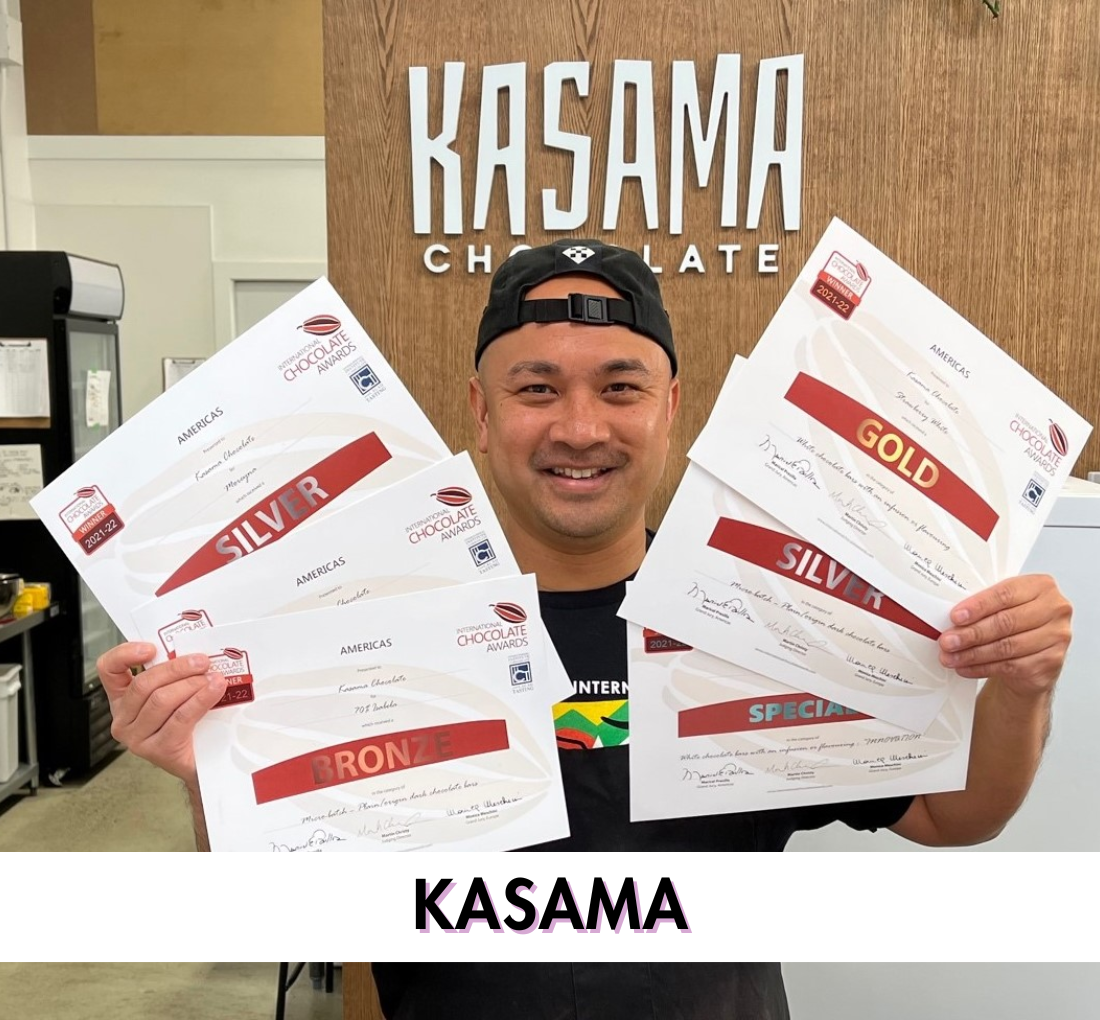
Kasama Chocolate is based out of Vancouver’s iconic Granville Island, a renowned hub for artists, crafters, and, above all, a really great food market. Founded in 2015 by Vincent, Stefan, Oliver, and Dominik — four long-time friends who chose the Tagalog word ‘Kasama,’ meaning friendship, camaraderie, and collaboration, to embody their ethos. The company’s connection to the Philippines goes beyond its name. They partnered with the University of British Columbia’s Centre for Sustainable Food Systems, local farmers, and small community stakeholders to initiate a sustainable cacao planting and research project in Cagayan Province, near the Sierra Madre mountains in Northern Luzon. This initiative underscores their commitment to supporting local communities and advancing sustainable agricultural practices. In addition to their Filipino project, Kasama sources cocoa from at least eight other countries, always prioritizing direct relationships with small farmers to ensure fair trade and sustainability. Their bars have plenty of awards to support this curator’s personal opinion that they are one of North America’s premier bean-to-bar chocolate producers.
Achetez plus KasamaSoccsksargen, previously known as Central Mindanao, is an administrative region located in the southwestern part of the Philippines. The region's name is an acronym representing its four provinces—South Cotabato, Cotabato, Sultan Kudarat, Sarangani—and one highly urbanized city, General Santos. Characterized by extensive coastlines, valleys, and mountain ranges, Soccsksargen is particularly notable for its intricate river system. It serves as the drainage basin of Mindanao, with the Cotabato Basin, a large depression bordered by mountain ranges on three sides, playing a central role. To the south of this basin lie the Tiruray Highlands, a moderately high mountain range that separates the basin from the southern coastline. The region's favourable climate and geography make it ideal for agriculture, gaining international recognition for its coffee beans, in particular. Reflecting the broader diversity of the Philippines, Soccsksargen is home to various ethnic groups and numerous native languages, though Tagalog and English are widely understood and commonly used for official purposes.
